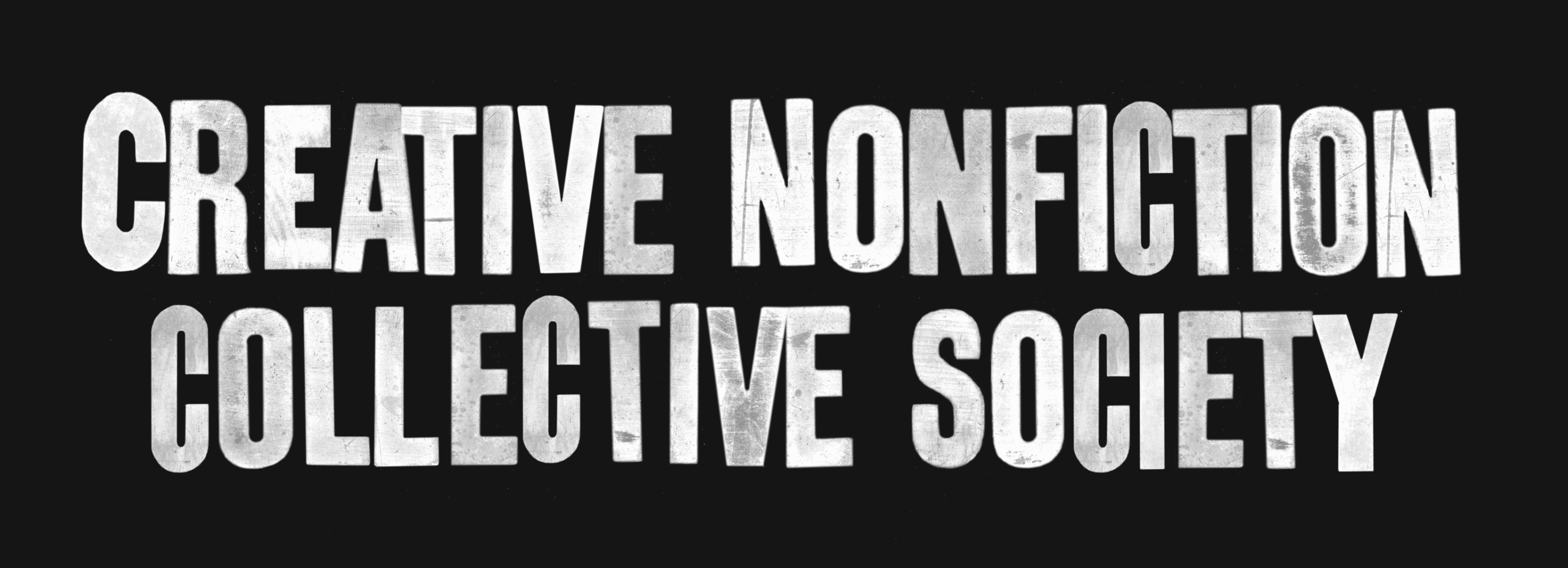Mary Fairhurst Breen is the author of the memoir Any Kind of Luck at All and the children’s books Pride and Persistence: Stories of Queer Activism and Awesome Andie’s Best of the Block. As a queer feminist author, writing is Mary’s current form of activism after decades spent working for social change and protesting for equal rights. She lives in Toronto.
__
In 2021 I published a memoir, after years of revisions necessitated by both life events and intense consultations with interested parties. The people whose consent and full support I needed as a condition of publication were my two daughters. I was sharing stories that were not just mine to tell, about experiences that ran the gamut from touching to traumatic. One of my children had been very private until that point. I was asking a lot of her, and I needed to give her time to consider how going public would impact her life. My younger daughter was already very outspoken about her struggles, but still had strong opinions about the accuracy of certain details of our family’s history and the inclusion of others. She and I went through every sentence, word and punctuation mark in my manuscript. Then she died, and I had to sit with the question of whether and how she would want me to write about her life.
I wrote my way through my grief, and ultimately decided that Sophie would want me to continue the important work she had begun to combat the stigma surrounding mental illness and addiction. I felt compelled to honour her by telling her story. Her sister provided invaluable support to see the project through, and her fiancé told me Sophie would be proud of me, so I went ahead with the publication of Any Kind of Luck at All.
During the months of back-and-forth with my lovely editor, Gillian Rodgerson, she encouraged me to follow the protocol of inviting people who were mentioned in the book to read the relevant sections. There was no question of libel. The serious harms described were inflicted by people who were already dead and were by no means exaggerated. But there were some relatives whose approval I wanted, even if I didn’t expressly need it. A few gave me their blessing without reading a word. Others provided insights and information that took me completely by surprise—their eleventh hour input proved invaluable. There was one ex who was not depicted in a flattering light, though I knew my recollections were accurate. I sent her the relevant chapter and heard nothing back. A couple of others gave feedback I was happy to incorporate.
This being my first foray into memoir, I was terribly concerned with getting this part right. I didn’t want to offend, nor did I want to gloss over or underplay important truths. I asked every memoir writer I could find how they struck the right balance. Some just wrote what they liked without fear of the potential fallout. One was disowned by her grandmother over a book, and took it in stride. Her truth was more valuable to her than even this outcome. Given her particular narrative, I could see why. Most of the authors I spoke to consulted the people whose opinion they valued—as well as the publisher’s lawyers of course—and found ways to tweak the text without too much compromise.
I do wonder if the current mania for memoirs – in tandem with the widespread practice of oversharing on social media—may be rushing books onto shelves that will cause their authors regret later.
I chose to tell the estranged members of my ex-husband’s family that I was publishing a book that would include his story, which also involved addiction and ended very sadly. We were rarely in touch, but I wanted to extend them the courtesy of hearing it from me, rather than some other source. Curiously, they took the position that I must be withholding the parts I wrote about them, when I had meticulously left them out, given the volatility of our relationship and the possible risk of a litigious reaction. It was very hard to convince them that they weren’t in the book without sending them the whole manuscript, which I was disinclined to do. The kerfuffle eventually died out. I have no idea if they read the book or not.
I’m never going to be the kind of writer who just lets the bodies fall where they may. When I write nonfiction that touches on stories that are not just mine to tell, I take responsibility either to conceal the identities of people I mention, or to consult them. I have interviewed many families who have also lost children, and always seek their approval of the resulting text, no matter how long it takes. With any kind of oral history, on any subject, I make every effort to consult my interviewees before publication. Wherever possible, I build honoraria into the budget of my projects so that I can compensate people for the time and emotional labour involved in talking to me. For me, it’s important to acknowledge that one of the few truly valuable assets anyone has is their story.
